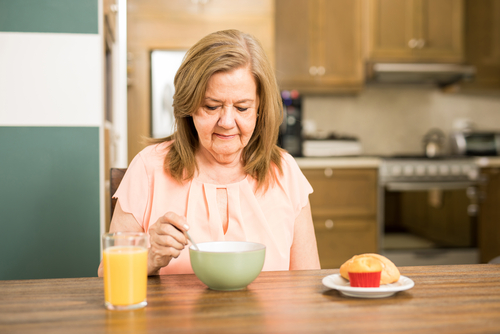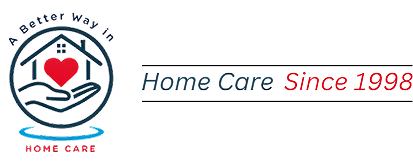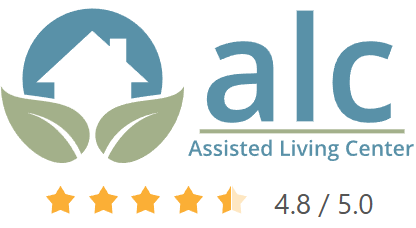No one is ever completely ready to switch roles with their parents, but for many of us, such a turn of events becomes simply inevitable at some point. Of course, you don’t have to take on the commitment all by yourself. There is a way to ensure your elderly loved one is safe and healthy even if you cannot be there yourself.

An alternative solution that can work just as well, if not even better, is to hire a provider of home care in Sherman Oaks and nearby areas who can take good care of your loved one for you.
A caregiver can also keep an eye out for your loved one, and may be the first to notice if anything is the matter. Case in point: malnutrition. Malnutrition is a condition which can severely compromise your loved one’s health. So how do you identify and prevent malnutrition in seniors?
What is malnutrition?
Only a proper diet can supply us with a healthy, adequate amount of nutrients such as vitamins and minerals. Without a diet rich in nutrients, we are at risk of developing a condition known as malnutrition, which can take the form of:
- undernutrition (wasting, stunting, underweight),
- micronutrient-related malnutrition (micronutrient excess or micronutrient deficiencies),
- overweight, obesity and other diet-related noncommunicable diseases.
If an important nutrient is missing from a person’s diet, they may become malnourished. The main symptom of malnutrition is unintended weight loss, although this is not always obvious. While the majority of malnourished individuals do lose weight, a person can be healthy weight or even overweight and still be malnourished.
Why are older adults at risk for malnutrition?
Adults 60+ years of age may be unable to do their own grocery shopping or arrange their own meals. Aside from issues with mobility or other medical issues, there is a wide range of reasons why this may be the case.
But having a regular unhealthy diet can have devastating consequences down the line. Regardless of age, we all have needs for meals that are nutritionally balanced, and older adults, seniors and the elderly are no exception.
What are the signs of malnutrition in the elderly?
Malnutrition can lead to immune suppression and dysfunction. Signs may include:
- loss or significant reduction of appetite
- lack of interest in food and drink
- experiencing chronic fatigue and low energy levels
- feeling weaker
- getting ill often
- being more prone to infections and injuries
- taking a long time to heal and recover
- having difficulty concentrating
- feeling cold most of the time
- suffering from low mood and depression
How is malnutrition treated in the elderly?
A balanced diet which incorporates a healthy amount of physical activity is the best way to prevent malnutrition. But if the condition is already there, the safest way to treat it is to consult a doctor. Upon performing an examination and running health screening tests, the doctor can recommend a proper, balanced meal plan for your loved one which a caregiver can help you put into action.
Upgrade your comfort with premium home care in Sherman Oaks
Whether you suspect malnutrition in your senior loved one or have concerns over kitchen hazards and similar safety risks, A Better Way in Home Care can help you implement a healthy daily meal plan for your elderly loved one.

Whether you need someone to drive your elderly loved one to Sherman Oaks East Valley Adult Center, pick them up for their physical therapy appointment or cook them a hot, delicious meal, you’ll have nothing to worry about.
We have your loved one’s wellbeing at heart, so let us take care of your loved one for you. Turn the page and reach out to us today!








